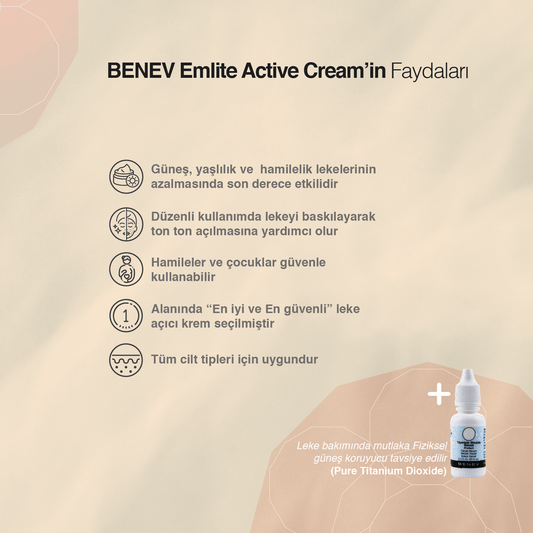Things to Consider When Choosing Sunscreen!
Understanding Sunscreen: Essential Information for Skin Protection
Sunscreen is a cosmetic product designed to protect the skin from the harmful UV rays of the sun. UV rays can lead to negative outcomes such as skin cancer, premature aging, blemishes, and sunburn. Sunscreen works by blocking UV rays from reaching the skin, thereby preventing various skin health issues.
SPF: Sun Protection Factor
Sunscreens are evaluated using a unit of measurement called SPF (Sun Protection Factor). The higher the SPF value, the better the skin is protected against sun rays. For example, a sunscreen with SPF 30 offers 30 times more protection compared to not using sunscreen at all. Proper usage of sunscreen is crucial, especially during the summer months when sun exposure is higher. Applying sunscreen helps shield the skin and maintain its health.
Key Factors to Consider When Choosing Sunscreen
-
Sun Protection Factor (SPF): When selecting a sunscreen, it is essential to consider the SPF factor. SPF indicates how long the sunscreen will protect the skin from the sun. For instance, SPF 30 provides 30 times more protection than if no sunscreen were used.
-
Broad Spectrum Protection: Choose a broad-spectrum sunscreen that protects against both UVA and UVB rays. UVB rays are responsible for sunburn, while UVA rays penetrate deeply into the skin and contribute to aging.
-
Skin Type: Select a sunscreen suitable for your skin type. For example, those with oily skin may benefit from a lightweight formula.
-
Ingredients: Pay attention to the ingredients in the sunscreen. Avoid products with ingredients known to cause allergic reactions.
-
Frequency of Use: For effective protection, sunscreen should be reapplied every 2 hours during sun exposure, as recommended by experts.
Structure of Sunscreen
The structure of sunscreen may vary depending on its active ingredients and SPF value. Generally, sunscreens consist of a blend of oils, water, and emulsifiers. Oils in sunscreens help moisturize the skin and reinforce the protective barrier, while water ensures the cream is light and easy to apply. Emulsifiers combine oil and water into a homogeneous mixture.
Sunscreen Content
The content of sunscreens varies by manufacturer and product. Typically, sunscreens contain active ingredients designed to protect the skin from harmful UV rays. Some sunscreens also include vitamins and antioxidants that nourish the skin. For example, antioxidants like vitamins E and C protect against free radicals, while ingredients such as retinol and niacinamide enhance skin appearance and reduce blemishes. The specific content of a sunscreen can differ based on its SPF value, the skin's needs, and the manufacturer's preferences.
Sunscreen Protection Level
The protection level of sunscreens is determined by the SPF value. SPF measures how well the sunscreen protects against sunburn caused by UVB rays. For effective protection, it is important to apply sunscreen in the correct amount and frequently. Choose a sunscreen with a higher SPF for prolonged sun exposure, and opt for water-resistant formulas. Apply sunscreen at least 15-30 minutes before going outside.
Ease of Use
Sunscreens are easy to apply and generally have a consistency that spreads smoothly and absorbs quickly. Before applying sunscreen, ensure that the skin is clean and dry. Apply a sufficient amount evenly over the entire skin surface. Pay extra attention to sensitive areas such as the face and neck, and avoid applying sunscreen to open skin lesions like acne or wounds. Sunscreens come in various forms, including sprays, pumps, and sticks, providing users with multiple options for ease of application.
The Whitening Effect of Sunscreen
Sun exposure can lead to the formation of spots and brown discolorations on the skin by stimulating the production of melanin, the pigment responsible for skin color. Sunscreens play a crucial role in protecting the skin from these harmful effects and can help achieve a more even skin tone.
However, some sunscreens may leave a white residue on the skin due to certain chemical ingredients. This effect can be particularly noticeable on individuals with lighter skin tones. The extent of this whitening effect depends on the specific formulation of the sunscreen and the quantity applied.
Fortunately, many modern sunscreens are designed to minimize this whitening effect. These products offer effective protection while ensuring a more natural appearance without leaving a white cast. When choosing a sunscreen, consider formulations that are designed to blend seamlessly with your skin tone for optimal results.







